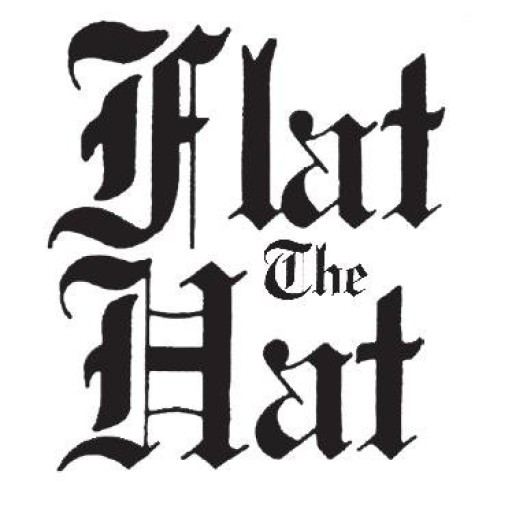Through protests and virtual and verbal action, many people and organizations are speaking up in solidarity with a movement towards change sparked by the monstrous killing of George Floyd by a police officer in Minneapolis. The College of William and Mary has taken the time in the past couple of weeks to write various statements about their future plans to more extensively address issues of racism. We at The Flat Hat encourage the College to follow through on their promises with the effort and consideration that Black people, people of color and the entire community of students at the College, deserve.
College President Katherine Rowe’s emails to the campus community have briefly described the College’s new, inclusive hiring program, and she also highlighted the areas where students will be challenged within their forthcoming required course loads. With a staff that is overwhelmingly white, this is a great movement towards change — if it is done correctly. Professors who belong to racialized groups must be hired across all departments, for example. It would be wrong to only hire Black and Indigenous people of color as professors for classes about diversity issues — inclusive hiring must occur across all academic disciplines at the College. As students, it is exciting to think of the possibilities for new professors who may be on the way, but we should be on the lookout for where those new professors are appearing in our curricula over the next few years.
It is also vital that the College substantively reckon with its troubled history by making clear, demonstrated changes to the way that its students, faculty and staff experience campus. Of all the ways in which this objective can be secured, among the easiest is reevaluating our campus’s historical legacies and renaming academic buildings, residence halls and other offices that celebrate figures who are profoundly undeserving of celebration. The College is clearly comfortable with redesignating buildings, and it earned accolades last year when it introduced new signs that formally acknowledged the presence and contributions of influential women throughout the university’s history.
Since the College administration understands the need to adequately reflect the roles that women played in our institutional development, it must extend that same understanding to publicizing and enshrining the roles of racialized individuals in the College’s long and storied past.Some skeptics, including many alumni, argue that renaming College buildings is an attempt at varnishing history — stating that renaming buildings equates to us forgetting our institution’s 327 year old legacy. This oversimplified concern must be weighed with the genuine, tangible pain that Black students may justifiably feel every day as they walk past buildings like Ewell Hall, named after a Confederate army officer who fought for the enslavement of Black people.
“By seeking change in aspects of the university that we find inappropriate and unjust, current college students are actively engaging with the College’s history and making progress because of it.
By seeking change in aspects of the university that we find inappropriate and unjust, current college students are actively engaging with the College’s history and making progress because of it. Acknowledging and condemning the unjust actions of individuals enshrined in the College’s past is an important step in recognizing the histories and narratives of students and faculty of our beloved institution. We are fully capable of appreciating the positive contributions of certain unsavory individuals without granting them a pedestal of undeserved righteousness. Blindly trudging forward with a passive acceptance of the university’s status quo issues a far graver disrespect to the College, since it shows an unwillingness to face deeper engagement with what our university has done and what it can stand for now.
However, reforms are not only necessary on an institutional level. Some of the most substantial changes must occur within the student body itself. As a result of the nationwide outrage over ongoing violent injustices toward Black people, many at the College have undoubtedly been confronted with the serious racism that pervades our country. As students at the College, we must ensure that this momentum is not squashed by the next, likely far less important, inevitable political controversy. Rather, we must work to amplify the voices of Black people in our community, whether that is through the Black members of our community fighting for their cause as they see fit, or through non-Black members of our community putting genuine effort into understanding the unique, often tragic, history and lived experiences of Black people at the College and throughout our country. We may implement as many institutional reforms as we can, but without real understanding of the issues at stake on an individual level, racism will continue to fester.
The staff editorial represents the official opinion of The Flat Hat. The editorial board, which is elected by The Flat Hat’s section editors and executive staff, consists of Gavin Aquin Hernández, Zoe Beardsley, Ethan Brown, Chloe Folmar and Alyssa Slovin. Email fhopinions@gmail.com for submissions.





























